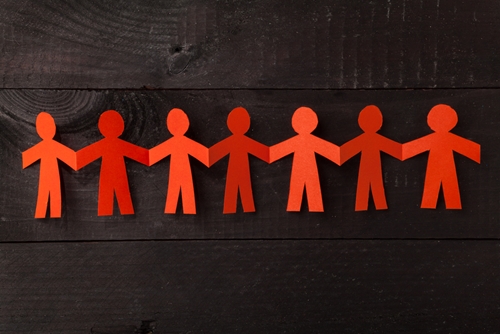Responding to emergencies, whether in a police, fire or EMS capacity, can place an enormous strain on an individual. The scenes witnessed by public safety workers in their daily duties can be traumatic, leaving lasting effects. It's important that the first responders who put their lives on the line to keep their communities safe have ways to deal with this stress when necessary.
If ignored, mental strain can cause serious harm. Fortunately, groups today are addressing the very real issues affecting emergency personnel. These helpful groups differ by region, but they all serve the same purpose: ensuring first responders don't feel alone or abandoned after dealing with trauma.
Group springs from tragedy
In South Carolina, a number of responders banded together to form a permanent support group after the shooting death of a local police officer. Area news provider WRDW explained that Support 1 was founded as a response to the trauma that lingers with those who responded to Scotty Richardson's death in the line of duty. It has been five years since Richardson died. The society now helps give a feeling of community and comfort to area emergency personnel who are dealing with their own stresses.
"Peers meeting up and sharing experiences may help prevent mental scars from growing worse."
Feeling isolated is a major problem for individuals who have seen traumatic events. When peers can meet up and share experiences, this may help prevent mental scars from growing worse. Teaming up with people who understand the after-effects of experiencing similar stresses, such as other first responders, is one way to cope.
The news source noted that Support 1 has expanded its geographic reach considerably over the years. Now, the support group has partner organizations in six other states, including Connecticut. With funding coming from charity events, the support group intends to continue giving first responders a place to express themselves and move forward together after traumatic and scarring experiences.
Walk-in sessions in Florida
Communities around the country are handling first responder trauma in their own ways. TC Palm recently pointed to a new twice-monthly series of sessions for emergency personnel suffering from post-traumatic stress disorder in Vero Beach at the Mental Health Association Walk-In Center. The program's meetings will be led by therapist and retired firefighter Jim Ranahan.
Mental Health Association Director Dr. Robert Brugnoli explained to the news provider that sometimes, individuals living with PTSD don't know about the chances they have to speak with others about their experiences and seek potential relief. By publicizing this group, the center hopes it can reach out to individuals who aren't sure where to turn. Brugnoli expressed his hope that first responders in the region will reach out and join in, rather than suppressing what they're feeling, adding that one suicide among emergency personnel is one too many.
As long as there are disasters in this world, first responders will step up and face them to keep their communities safe. One way to give back to these brave individuals is to ensure there are always mental health services and support groups ready to assist them in dealing with the considerable stresses of their everyday roles. No one should have to face disasters, or their aftermath, alone.

